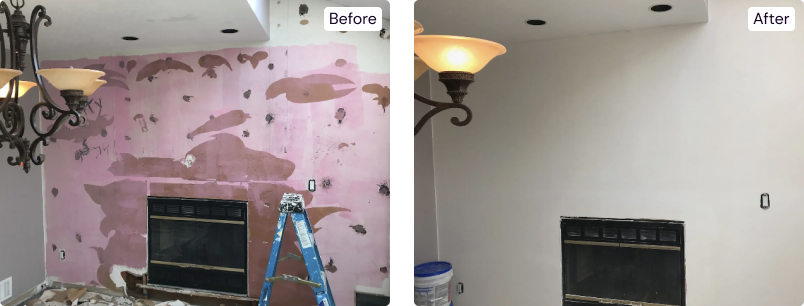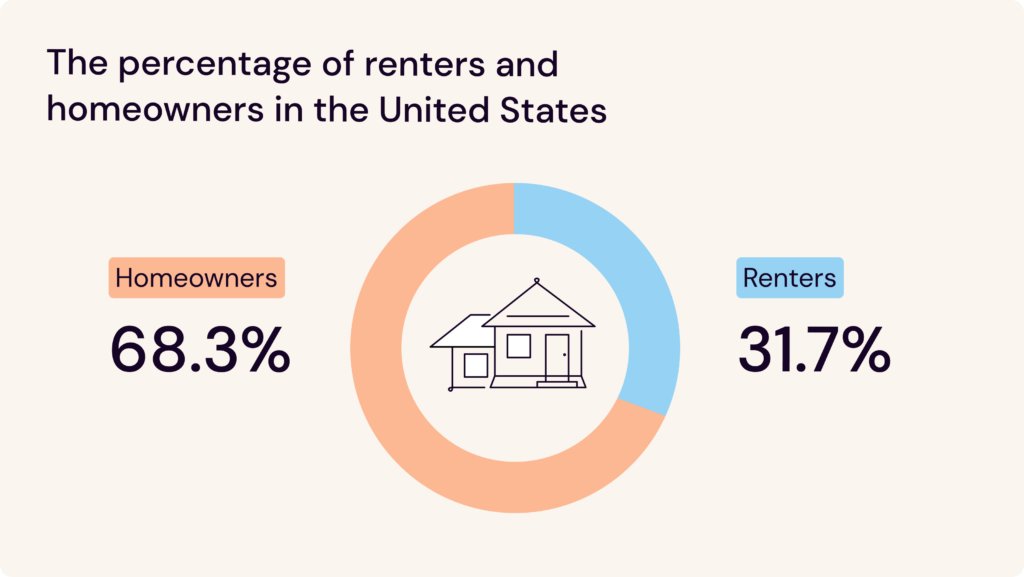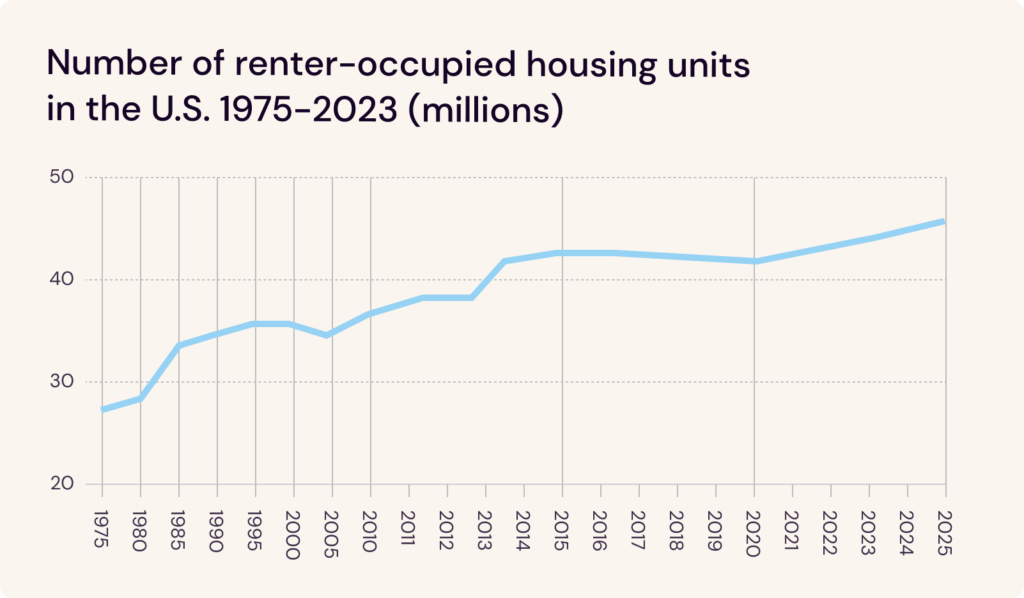
What is Property Management
Property management is the operation, control, maintenance, and oversight of real estate and physical property. This can include residential, commercial, and land real estate. Property management involves managing the personal property, equipment, tooling, and physical capital assets that are acquired and used to build, repair, and maintain end item deliverables. The role of a property manager is to serve as the intermediary between the owner of the property and the tenants.
Types of Property Management
- Residential Property Management: This type encompasses single-family homes, apartments, and condominiums. Managers handle tasks like tenant screening, lease agreements, rent collection, and maintenance. They ensure that the property is livable and attractive to potential tenants.
- Commercial Property Management: This includes office buildings, retail spaces, and industrial properties. Managers focus on maintaining the facilities, negotiating leases, and ensuring compliance with commercial regulations. The goal is to create a productive environment for businesses.
- Special Purpose Property Management: This category involves managing properties with unique functions, such as schools, hospitals, and government buildings. The management of these properties requires specialized knowledge to meet specific operational needs.

Roles and Responsibilities
A property manager or property management company handles a wide range of responsibilities to ensure the smooth operation of a property.
Tenant Management
Property managers are responsible for finding and retaining tenants. This involves marketing the property, conducting background checks, drafting lease agreements, and addressing tenant concerns. Maintaining good tenant relationships is crucial for long-term occupancy and property profitability.
Regular upkeep and prompt repairs are essential to preserving property value and ensuring tenant satisfaction. Property managers coordinate routine maintenance, emergency repairs, and upgrades. This proactive approach helps prevent major issues and costly repairs in the future.

Financial Management
Managers oversee the financial aspects of property operations, including rent collection, budgeting, and financial reporting. They ensure that the property generates sufficient income to cover expenses and provide a return on investment. Effective financial management includes planning for future expenses and setting aside reserves for unexpected costs.
Legal Compliance
Property managers must ensure that properties comply with local, state, and federal laws. This includes adherence to building codes, health and safety regulations, and landlord-tenant laws. Staying updated on legal requirements helps avoid fines and legal disputes.
Benefits of Professional Property Management
- Efficiency: Professional property managers streamline operations, making it easier to manage multiple properties or complex portfolios. Their expertise in handling day-to-day tasks in a timely manner ensures that everything runs smoothly, from tenant communication to maintenance scheduling.
- Tenant Satisfaction: Happy tenants are more likely to renew their leases and take better care of the property. Professional managers provide prompt responses to maintenance requests and create a positive living environment, leading to higher tenant retention rates.
- Legal Protection: Property managers ensure that all aspects of property management comply with relevant laws and regulations. This reduces the risk of legal issues and protects property owners from potential liabilities.
- Maximized Returns: Effective property management can lead to higher rental income and property value. By maintaining the property well and selecting reliable tenants, managers help maximize the return on investment for property owners and help them grow their portfolio effectively.

How Much Does a Property Manager Cost/Charge
The cost of hiring a property manager or property management company varies based on several factors, including the type and size of the property, the location, and the range of services provided. Typically, property managers charge a percentage of the monthly rental income, which can range from 8% to 12% for residential properties. Additional fees may apply for services such as tenant placement, maintenance, and legal compliance. It is important for property owners to understand the fee structure and what services are included to make an informed decision.
As of 2022, there are 310,250 property managers in the United States. California is the state that has the largest number of property managers, approximately 30% of the total. (source)
How to Become a Property Manager
Becoming a property manager requires a combination of education, experience, and skills. Here are the general steps to pursue a career in property management:
- Education: Obtain a high school diploma or equivalent. While a college degree is not always required, a degree in business administration, real estate, or a related field can be beneficial.
- Experience: Gain experience in real estate or property management. This can include working as a leasing agent, real estate agent, or in another related role.
- Licensing and Certification: Some states require property managers to hold a real estate license or property management certification. Check the requirements in your state and obtain the necessary credentials.
- Skills Development: Develop essential skills such as communication, organization, financial management, and customer service. These skills are crucial for effectively managing properties and tenant relationships.
- Join Professional Organizations: Joining professional organizations such as the National Association of Residential Property Managers (NARPM) or the Institute of Real Estate Management (IREM) can provide valuable networking opportunities and resources.

What Makes a Property Management Company Great
A great property management company stands out for its commitment to excellence and customer satisfaction. Key qualities to look for include:
- Experience and Expertise: A proven track record of managing similar properties and a deep understanding of the local real estate market.
- Comprehensive Services: Offering a wide range of services, from tenant screening and leasing to maintenance and financial management.
- Communication: Clear and consistent communication with property owners and tenants, ensuring transparency and trust.
- Technology: Utilizing advanced property management software and tools to streamline operations and provide real-time updates.
- Customer Service: Providing exceptional service to tenants and property owners, promptly addressing concerns and maintaining positive relationships.

Does a Property Management Need a License
The licensing requirements for property management vary by state. In many states, property managers are required to hold a real estate broker’s license or a property management license. These licenses ensure that property managers have the necessary knowledge and skills to perform their duties legally and ethically. Some states also require property managers to complete continuing education courses to maintain their licenses. It is important for property owners to verify that their property manager holds the appropriate licenses and certifications to ensure compliance with state regulations.
Property Management with Home365
Home365 offers a comprehensive property management solution designed to minimize hassle and maximize profitability for property owners. Our services are tailored to meet the unique needs of each property, ensuring efficient and effective management.
- Profit Protection: Our Profit Protection plan covers routine repairs, turnovers, and other operational costs, providing peace of mind to property owners. This plan ensures that unexpected expenses do not affect your rental income.
- Owner Portal: The Home365 Owner Portal provides complete transparency with real-time updates on property performance, financials, and maintenance activities. Owners can access all necessary information from anywhere, at any time.
- Tenant Management: We conduct thorough background checks to ensure that only reliable tenants occupy your properties for an extensive period of time. Our tenant portal facilitates streamlined communication, making it easy for tenants to submit maintenance requests and stay informed about property updates.
- Maintenance: Home365 takes a proactive approach to maintenance with regular inspections and preventive measures. This helps prevent major issues and reduces the need for costly repairs. Our network of trusted contractors ensures that all maintenance work is performed to high standards.
Choosing the Right Plan
Home365 offers two main plans to suit different property management needs:
- Profit Protect Plan: This plan guarantees rent and covers most operational costs, providing a steady and predictable income stream for property owners. It is ideal for those who want a hands-off approach to property management while ensuring maximum returns.
- Property Management Plan: This plan is a cost-effective solution that includes essential property management services. It is perfect for owners who prefer to pay for services as needed, allowing for greater flexibility and control over management expenses.
Not sure which plan is right for you? Get a quote in minutes
Conclusion
Effective property management is crucial for maintaining and maximizing the value of real estate investments. Professional property managers bring expertise, efficiency, and peace of mind to property owners, ensuring that properties are well-managed and profitable. Home365’s innovative solutions offer a hassle-free experience, tailored to the unique needs of each property. Our Profit Protect plan, Owner Portal, and comprehensive tenant and maintenance management services provide the perfect blend of convenience and effectiveness.
For more information on how Home365 can help manage your property click here. Whether you own a single-family home or a portfolio of properties, our team is dedicated to providing top-notch property management services that maximize your investment returns and minimize your stress.



